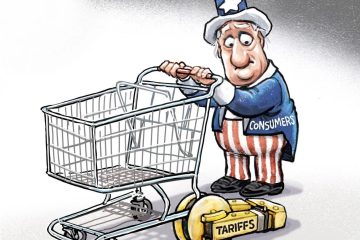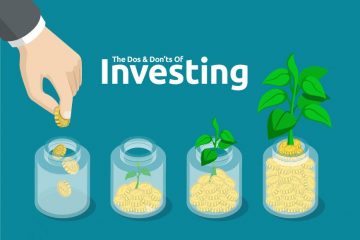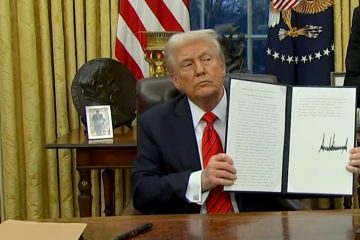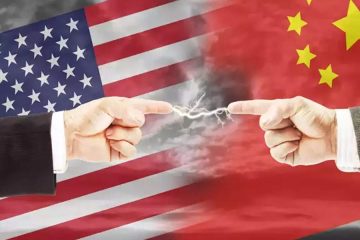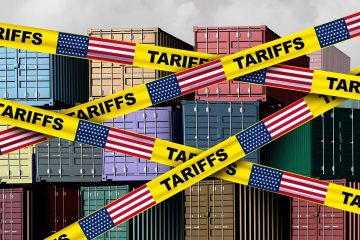Going back into recession is likely’ if extra $600 in federal unemployment benefits aren’t extended

Jobless Americans are receiving an extra $600 per week in unemployment benefits from the federal government on top of their state benefits. But that extra $600 benefit set aside from the CARES Act expires at the end of July unless the federal government extends it.
Once that federal unemployment bonus is gone, the 19.5 million Americans actively receiving unemployment insurance would see a $600 weekly—or $2,400 monthly—pay cut. Not only will that translate into many households not being able to make ends meet, but it could also derail the economic recovery.
“The economy going back into recession is likely if we cold-turkey cut the extra unemployment insurance benefits,” says Mark Zandi, chief economist at Moody’s Analytics. He thinks the data will show that on the current trajectory the recession ended in May, but a complete phaseout of the $600 extra weekly unemployment benefits—in a country where COVID-19 cases are rising again—would likely pull the economy back into contraction. “They’d stop paying their bills and stop spending, and [it would] kick the whole economy down.”
The extra $600 weekly unemployment benefits boosted incomes by around $70 billion in the month of May alone, according to Fortune’s analysis of U.S. Bureau of Economic Analysis income data. That’s larger than the gross domestic product (GDP) of eight states.
And speaking of GDP: If the benefits are extended through the end of the year, it is likely that GDP and household spending would be greater in the second half of 2020, according to a June report by the Congressional Budget Office (CBO). And if extended through the middle of 2021, it would increase average quarterly GDP by 3.7%, according to the left-leaning Economic Policy Institute.
However, if the extra $600 payments are fully extended it would likely lower employment, according to the same CBO report. How so? Around five in six unemployment benefit recipients would get weekly payouts in the second half of the year greater than what they’d expect to make working, the CBO finds. So the generous benefits could deter some workers from returning to jobs and slow down the recovery.
At least that’s the thinking of Senate Republicans who are opposed to extending the $600 benefits and blocked a $3 trillion relief package passed by Democrats in the House, which included an extension of the benefits through January 2021.
“Those benefits put a floor on the collapsing economy. It’s the minimum of what’s necessary to protect or Band-Aid the economy. If removed, it is essentially letting the dam break,” says Pavlina Tcherneva, an associate professor of economics at Bard College and author of the recently published book The Case for a Job Guarantee. She supports extending the benefits through the end of the year.
Allow them to disappear, and we may see the hard-won economic gains we’ve made disappear too.

